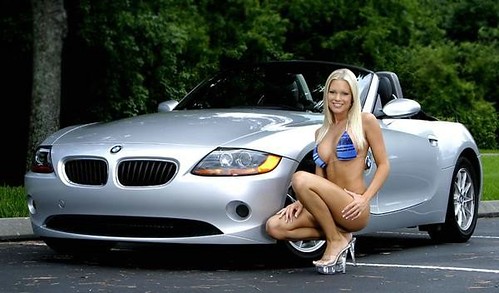Used Classic Morris Minor Cars models Morris Minor Series II Parts 1
Morris Minor Cars
Morris Minor Cars Parts 1
In 1952, the Morris Minor Cars line was updated with an Austin-designed 803 cc (49.0 cu in) overhead valve A-Series engine replacing the original sidevalve unit. The engine had been designed for the Morris Minor Cars's main competition, the Austin A30, but became available as Austin Cars and Morris Minor Cars were merged into the British Motor Corporation. The new engine felt stronger, though all measurements were smaller than the old. The 52 second drive to 60 mph (97 km/h) was still calm, with 63 mph (101 km/h) as the top speed. Fuel consumption also rose to 36 mpg (6.5 L/100 km).
An estate version was introduced, known as the Traveller (a Morris Minor Cars naming tradition for estates, also seen on the Mini Cars), along with Morris Minor van and Morris Minor pick-up versions. The Traveller featured an external structural ash (wood) frame for the rear bodywork, with two side-hinged rear doors. The frame was varnished rather than painted and a highly visible feature of the bodystyle. Rear bodies of the Morris Minor van versions were all steel. The 4-seat Morris Minor convertible and Morris Minor saloon variants continued as well.
The grille was modified in October, 1954, and a new dashboard with central speedometer was fitted. Almost half a million examples had been produced when the line ended in 1956.
The Motor magazine tested a 4-door saloon in 1952. It reported a top speed of 62 mph (100 km/h) and acceleration from 0–50 mph (80 km/h) in 28.6 seconds. A fuel consumption of 39.3 miles per imperial gallon (7.19 L/100 km; 32.7 mpg-US) was recorded. The test car cost £631 including taxes.
An estate version was introduced, known as the Traveller (a Morris Minor Cars naming tradition for estates, also seen on the Mini Cars), along with Morris Minor van and Morris Minor pick-up versions. The Traveller featured an external structural ash (wood) frame for the rear bodywork, with two side-hinged rear doors. The frame was varnished rather than painted and a highly visible feature of the bodystyle. Rear bodies of the Morris Minor van versions were all steel. The 4-seat Morris Minor convertible and Morris Minor saloon variants continued as well.
The grille was modified in October, 1954, and a new dashboard with central speedometer was fitted. Almost half a million examples had been produced when the line ended in 1956.
The Motor magazine tested a 4-door saloon in 1952. It reported a top speed of 62 mph (100 km/h) and acceleration from 0–50 mph (80 km/h) in 28.6 seconds. A fuel consumption of 39.3 miles per imperial gallon (7.19 L/100 km; 32.7 mpg-US) was recorded. The test car cost £631 including taxes.
















